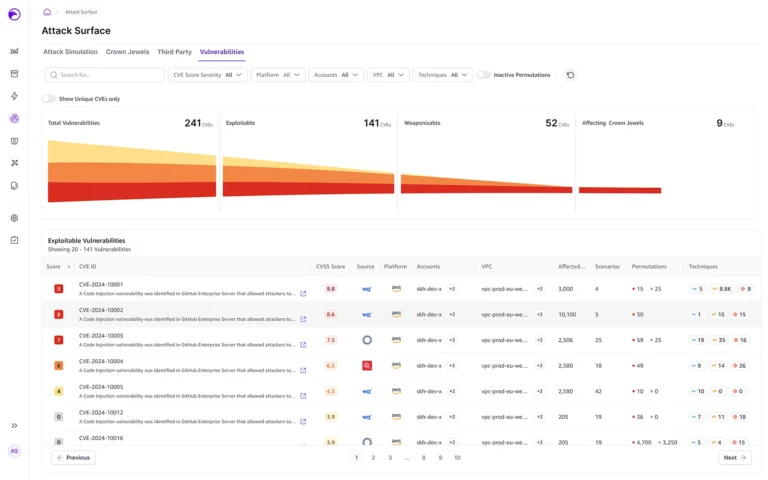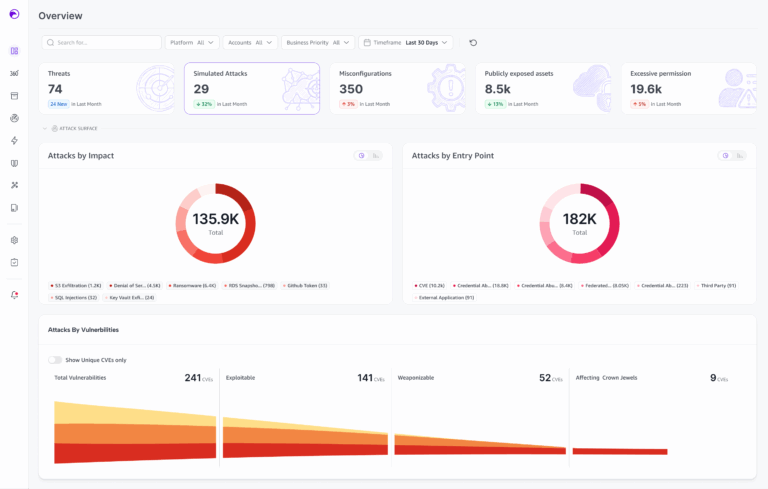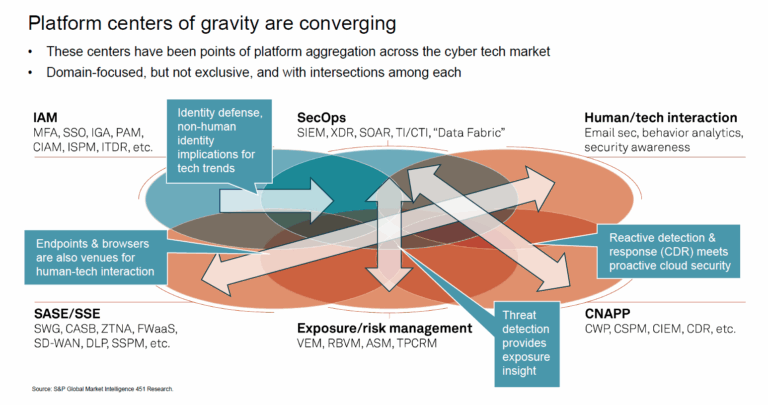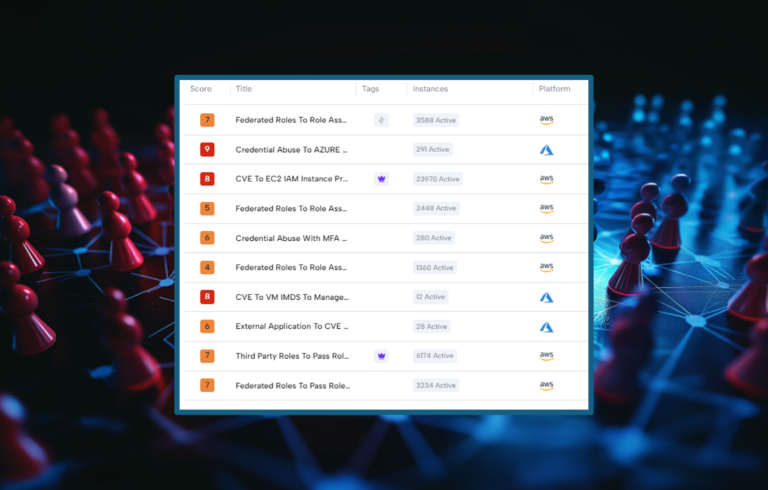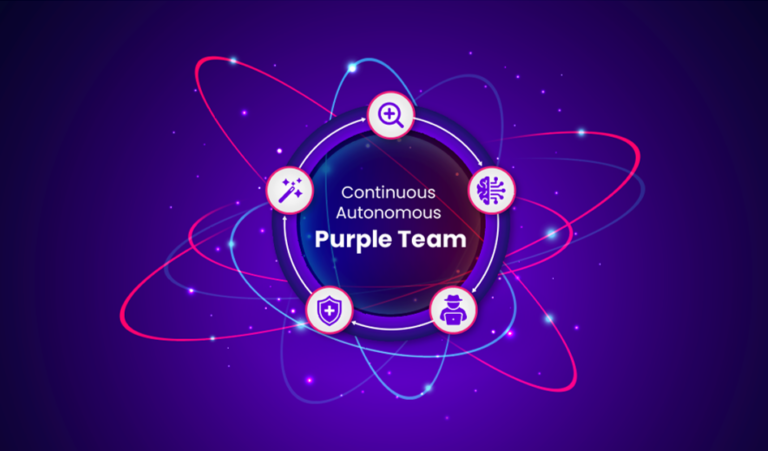By Asaf Shahar, VP, Product at Skyhawk Security
As cloud security strategies evolve, attackers are staying a step ahead, moving beyond traditional credential theft tactics like phishing to adopt more sophisticated methods- some of which we’ve witnessed in the past. Credential theft in cloud environments can lead to severe consequences, including privilege escalation, data breaches, and ransomware attacks. Based on insights from CERT-IL’s alert (ALERT-CERT-IL-W-1810), this blog explores advanced credential theft techniques and the defenses that organizations must adopt to protect their cloud environments.
Token Hijacking: Bypassing MFA with Stolen Tokens
Multi-factor authentication (MFA) is a crucial layer of security, but attackers are increasingly using token hijacking to bypass it. OAuth and SAML tokens, often used to authenticate cloud sessions, can be intercepted and reused, granting attackers access without needing user credentials or MFA verification.
- How it works: Attackers intercept session tokens during authentication or retrieve them from compromised systems. Once obtained, these tokens allow attackers to impersonate legitimate users, bypassing MFA entirely.
- Defensive Insights: Implement session-aware protection and continuous token monitoring to detect anomalies in token behavior. Token binding, which ties tokens to specific devices, can prevent reuse if stolen.
Exploiting API Keys in DevOps Pipelines
Attackers are increasingly targeting API keys and secrets in CI/CD pipelines, as highlighted by CERT-IL. Exposed keys provide attackers with direct access to cloud environments, where they can manipulate resources or steal data.
- How it works: Attackers exploit misconfigured CI/CD processes or scan repositories for exposed keys, using them to execute commands in the cloud environment.
- Defensive Insights: Securely store API keys with tools like AWS Secrets Manager and enforce least-privilege access to minimize the potential damage if a key is compromised.
SSRF and Metadata Service Exploitation
Server-Side Request Forgery (SSRF) attacks allow attackers to access cloud metadata services, which hold temporary credentials. By exploiting SSRF vulnerabilities, attackers can gain access to IAM roles and control cloud resources.
- How it works: Attackers use SSRF to query cloud metadata services (e.g., AWS IMDSv1) and extract credentials, enabling unauthorized access to cloud resources.
- Defensive Insights: Upgrading to IMDSv2 in AWS and using strict IAM policies can mitigate the risk of SSRF exploitation, as recommended by CERT-IL.
Supply Chain Attacks: A Growing Risk
Supply chain attacks are an emerging threat where attackers compromise third-party vendors to infiltrate cloud environments. By exploiting the trust placed in third-party services, attackers can move laterally across cloud infrastructures, stealing credentials or escalating privileges.
- How it works: Attackers compromise a third-party service, which then provides them with legitimate access to cloud environments. These attacks are often hard to detect because they leverage trusted integrations.
- Defensive Insights: Implement Zero Trust architectures, where no user or service is trusted by default. Continuous monitoring of third-party integrations, as highlighted in CERT-IL, is crucial to detect abnormal activity.
Summary:
These advanced tactics show how attackers are evolving to exploit cloud credentials, and they require a proactive defense strategy. Indeed, several large-scale cloud breaches have occurred due to the use of such techniques. By understanding these techniques and adopting modern defenses, organizations can significantly reduce their risk of credential theft.
How Skyhawk Security Can Help
Skyhawk Security bridges the gap between threat exposure management and threat detection and response with an automated, AI-driven approach. Our adaptive threat detection ensures continuous protection as your cloud architecture evolves, reducing the risk of third-party vulnerabilities.
- Comprehensive Threat Detection: Using AI-powered insights to identify and respond to threats in real-time.
- Automated Remediation: Implementing trusted automated responses to stop breaches before they impact operations.
- Supply Chain Security: Ensuring that third-party vendors meet stringent security standards to prevent single points of failure.
Protect Your Organization
Don’t let your organization fall victim to cyber-attacks. Contact Skyhawk Security today to learn how our advanced solutions can safeguard your IT infrastructure and ensure continuous, secure operations. Subscribe for free today!

